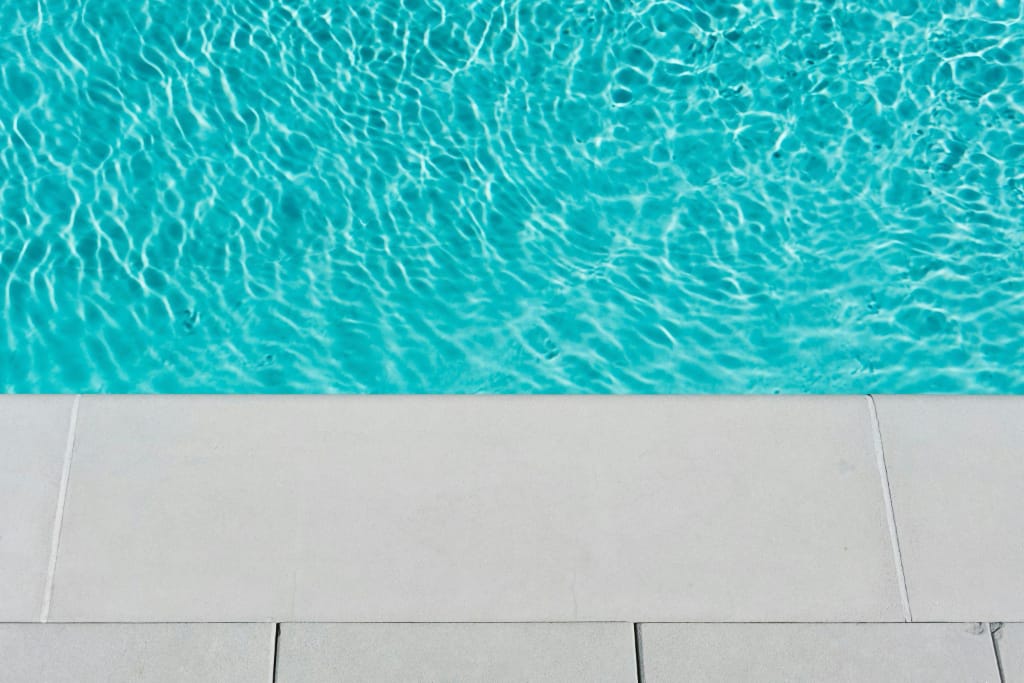The Yahoo Lifestyle website recently published the results of a survey of emergency room doctors about the children’s summer recreational activities they consider the most dangerous. Some of the highly ranked activities included riding a bicycle without a helmet, playing near lawnmowers, riding all-terrain vehicles (ATVs), and spending time outdoors in excessive heat. At the top of the list, though, was swimming or being near water without adult supervision. Many deaths and serious injuries that happen in or near swimming pools occur when children are unsupervised. Legal responsibility for these accidents often rests with the owner of the property where the accident occurred. If your child got injured because of lack of supervision at a swimming pool, contact a Santa Fe slip-and-fall and premises liability lawyer.
Inadequate Staffing of Public Swimming Pools
All public swimming pools should have lifeguards on duty whenever the pool is open for swimming. This includes pools at theme parks where guests must pay admission, as well as pools connected to apartment complexes and hotels, where there is no cost specifically associated with using the pool; instead, anyone who lives in the apartment complex, stays at the hotel, or is a guest accompanying someone in one of the above categories may use the pool free of charge. In other words, the Recreational Land Use Statute does not cover swimming pools the way it might cover a lake on private property where people sometimes swim, boat, and fish.
If you get injured in an accident at a swimming pool because there was no lifeguard on duty, but the pool was accessible, meaning that it was physically possible for you to enter the premises without difficulty, premises liability laws protect you. Under premises liability laws, you are considered a business invitee to a pool at an apartment complex or hotel if you rent an apartment or book a room there. This means that preventable accidents at the pool are the legal responsibility of the property owner.
The Attractive Nuisance Doctrine and Premises Liability Claims
Pools in the backyards of private homes do not require lifeguard staffing, and premises liability protections are less strong, though still present, for accidents at private residences. Most premises liability cases related to swimming pools at people’s homes cite the attractive nuisance doctrine. An attractive nuisance is a dangerous place that is interesting and accessible to children, such as a swimming pool or trampoline in a backyard. Therefore, if your child swims in someone else’s pool and gets injured while the homeowner is not home, you have a premises liability claim against the homeowner, who should have prevented access to the pool by building a fence or screened patio.
Contact Slate Stern About Swimming Pool Accident Lawsuits
Slate Stern is a personal injury lawyer who represents plaintiffs injured in accidents arising from children swimming in private or public swimming pools without adult supervision. Contact Slate Stern in Santa Fe, New Mexico, or call (505)814-1517 to discuss your case.
Sources
5 Summer Activities ER Doctors Wouldn’t Let Their Own Kids Do (yahoo.com)
Photo by Thom Milkovic on Unsplash
